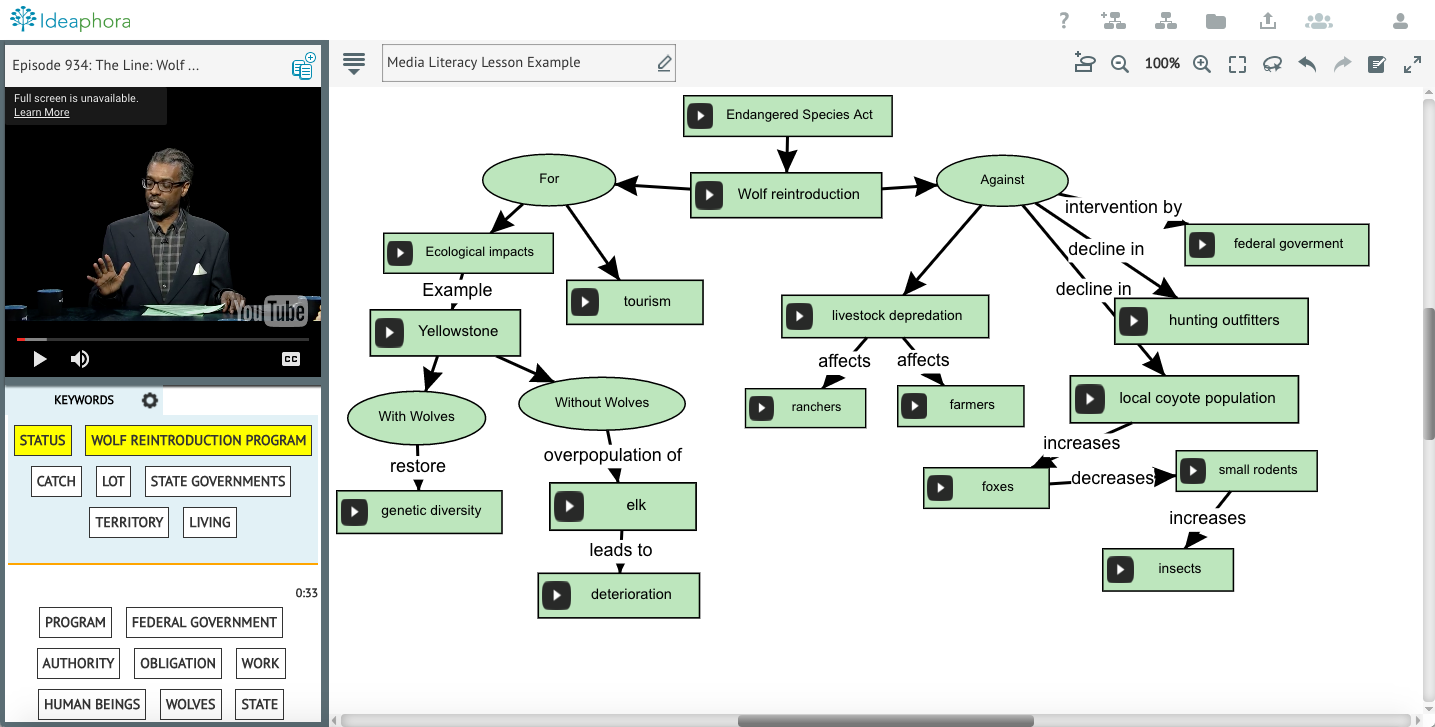Fake news sites. Post-truth politics. Media fragmentation. In the digital age, it’s arguably more important than ever for students to develop new literacy skills. These skills are critical for students to be successful not only in college and in future careers but also in civic and economic life.
According the National Association for Media Literacy Education (NAMLE): “To become a successful student, responsible citizen, productive worker, or competent and conscientious consumer, individuals need to develop expertise with the increasingly sophisticated information and entertainment media that address us on a multi-sensory level, affecting the way we think, feel, and behave.”

